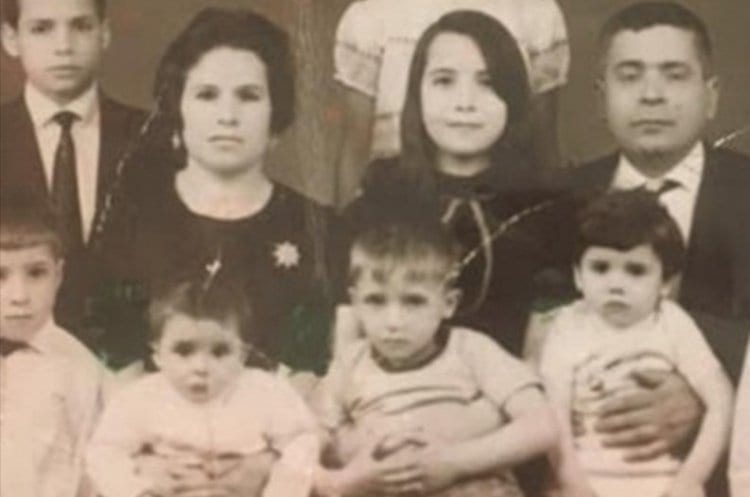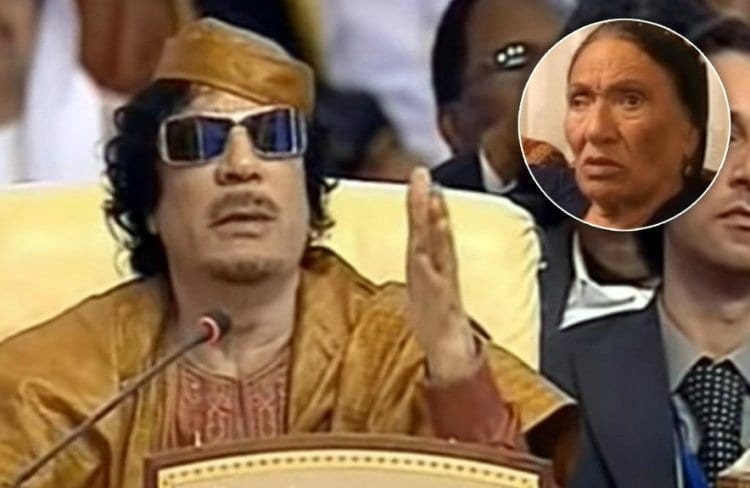Coming from Hollywood to authentic Torah Judaism wasn't the straightest most obvious choice for Tzvi, at least in the beginning.
Never heard of a “Start-Up” movie? Well, there’s one now – “Stories of Rebbe Nachman” which was directed and produced by the writer, Tzvi Fishman. What makes this feature film so revolutionary, Fishman says, is that it is an educational Torah movie, designed from the start to be a tool to facilitate discussion about the many basic Torah themes contained in the fables of Rebbe Nachman of Breslov. The film, which has the beautiful cinematic look of a Hollywood movie, is comprised of four stories, each of which can be screened separately in a classroom, at a seminar, or lecture, as a trigger for discussion.
Tzvi was awarded the Israel Ministry of Education Prize for Creativity and Jewish Culture for his novel, “Tevye in the Promised Land,” which brings Tevye from “Fiddler on the Roof” to Israel to become a pioneer settler. He has published more than a dozen other books on a wide variety of Jewish themes. His Jerusalem apartment is filled with a library of scholarly texts. On one of the shelves is a glossy, black-and-white photo of Fishman in his Hollywood days, a far cry from the full-bearded Fishman of today. Tzvi says he keeps it there to remind him that no matter how far he may sometimes fall in his service of Hashem, he is still light-years ahead of the tinsel town role he was playing in Hollywood.

Hollywood Days
HIDABRUT
How did a former screenwriter in Hollywood, like you, end up a baal t’shuva in Jerusalem? Let’s flashback in time and hear a little about your own path to the Promised Land.
TZVI FISHMAN
When I was growing up, my family belonged to a Reform Jewish synagogue in New England. We went to shul on Rosh HaShanah and Yom Kippur, lit Hanukah candles, had a Christmas tree to be like the neighbors, ate matzah on Seder night and candy eggs on Easter. I remember the reform rabbi telling us in Hebrew School that the splitting of the Red Sea occurred, not through any miracle by G-d, but because a severe draught had caused the sea to dry up, and a freak, sudden rainstorm brought a flood that luckily drowned the Egyptians after the Jews had crossed on dry land. His explanation sounded so ludicrous to me, I didn’t want to even bother with having a bar-mitzvah. But my parents insisted. Since, the congregation had outgrown our old temple, and the new one was still under construction, my bar-mitzvah ceremony was held in a Unitarian church. To me, it is a perfect symbol for being a Jew in America, where you are totally immersed in a foreign, gentile culture. For too many Jews, growing up Jewish in America is like growing up in a church. That’s why the assimilation is so pervasive there.
HIDABRUT
On the other hand, many Jewish communities have flourished on the Orthodox side of the map.
TZVI FISHMAN
Growing up, I had no contact at all with the Orthodox world. After my bar mitzvah, I went to a very prestigious private school in Massachusetts. Out of the 800 students, there were only a handful of Jews. We were obligated to attend a Jewish prayer service on Sundays in the basement of the campus church. Upstairs in this gigantic, impressive cathedral, the rest of the students and the faculty were gathered in prayer, and we were stuck out of sight in the basement, like we belonged to some low-rate religion. That’s how I related to Judaism also. I didn’t want to have anything to do with it.
HIDABRUT
When did you become interested in the movies and in creative writing?
TZVI FISHMAN
Most of my graduating class was accepted into universities like Harvard, Yale, Stanford, and Princeton. I decided to go to NYU Film School where I spent four years in the dark, watching hundreds of movies. The year after I graduated, I wrote a screenplay that became a Hollywood movie, called “Law and Disorder,” starring Caroll O’Conner and Ernest Borgnine. I also sold a novel to a top New York publisher. I was sure that I was on my way to attain my dream of becoming “The Great American Novelist.” Watch out Norman Mailer and Philip Roth! Here comes Fishman!
HIDABRUT
I am sure you have lots of entertaining stories from this period, but how about telling us a few things that affected your Jewish worldview?

Travolta or Fishman?
TZVI FISHMAN
Ever since my bar mitzvah, I had abandoned G-d and Judaism completely. As you can see from my old publicity photo, I was trying to look as American and gentile as John Travolta. But there were indeed some weird events, as if G-d were trying to remind me who I really was. For instance, when my first novel was published in New York, I convinced the publicity department to send me on an author’s tour to promote the book. I suggested they send my picture to TV talk shows. After all, I was a good-looking guy. They agreed to try a campaign with the State of Florida. Sure enough, five talk-show producers phoned back to book me on their shows. But when I flew down to Florida, I couldn’t find my book in the bookstores. Angry, I appeared on the talk shows and revealed all the dirty laundry I knew about the publishing company. The talk-show hosts loved it, but back in New York, my editor was aghast. He phoned me frantically to apologize and beg me to stop, but I was furious about their screw up. At that time, the success of my book was the most important thing to me in the world. When I got back to New York, the editor summoned me for a meeting in his plush, skyscraper office. When I demanded to know what had happened, he answered, “The problem is your name.” I didn’t understand what he was hinting at. My name? Fishman? What was the matter with my name? Then the light dawned on me. “You mean because I am a Jew,” I asked incredulously. I mean, this was America, not Europe – the land of George Washington and the cherry tree. “That’s right,” he admitted. “Look,” he confessed. “My name isn’t Higgins, it is Cohen, but I changed it to get a job here. I bought your book because I liked it, but this company hates Jews.”
HIDABRUT
That’s really something.
TZVI FISHMAN
Not long afterward, the movie that I wrote was released with an all-star cast. The producer asked what kind of film I wanted to write next? I told him that I had read a great book about the Holocaust, a bestseller at the time, filled with action, courage, and romance. He rejected the idea, saying, “I’m not going to make a movie whose hero is a Jew.” Even though my Jewishness wasn’t a big part of my life, I felt like he had spit in my face. But I was determined to make it as a writer, so I wiped off the spit and moved out to Hollywood.
To be continued…





